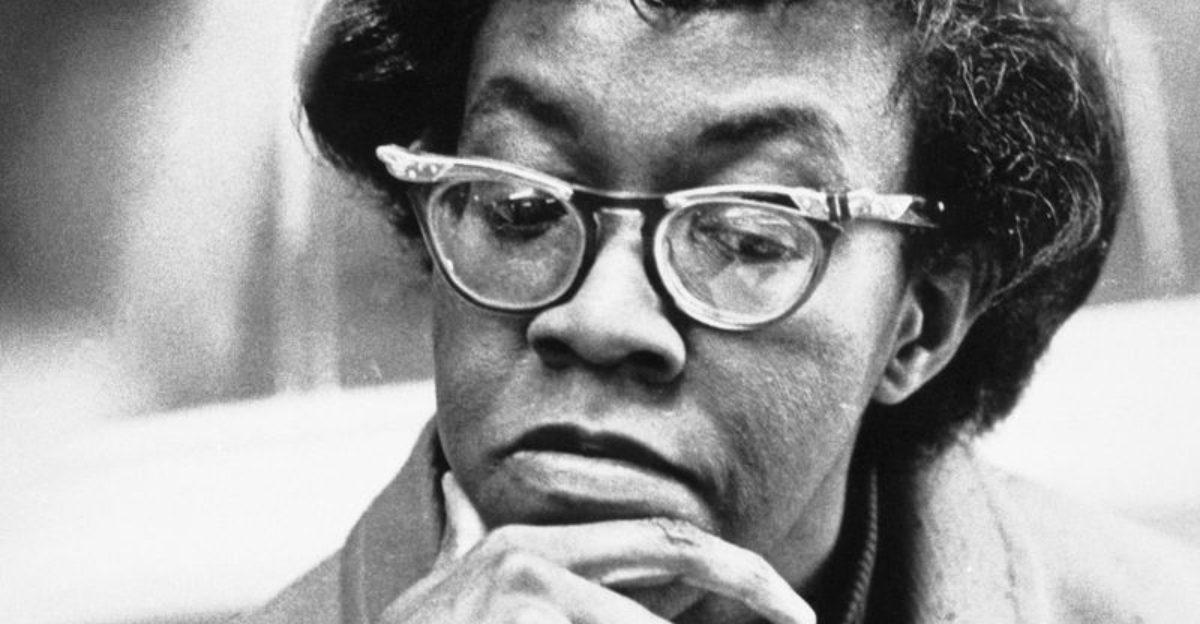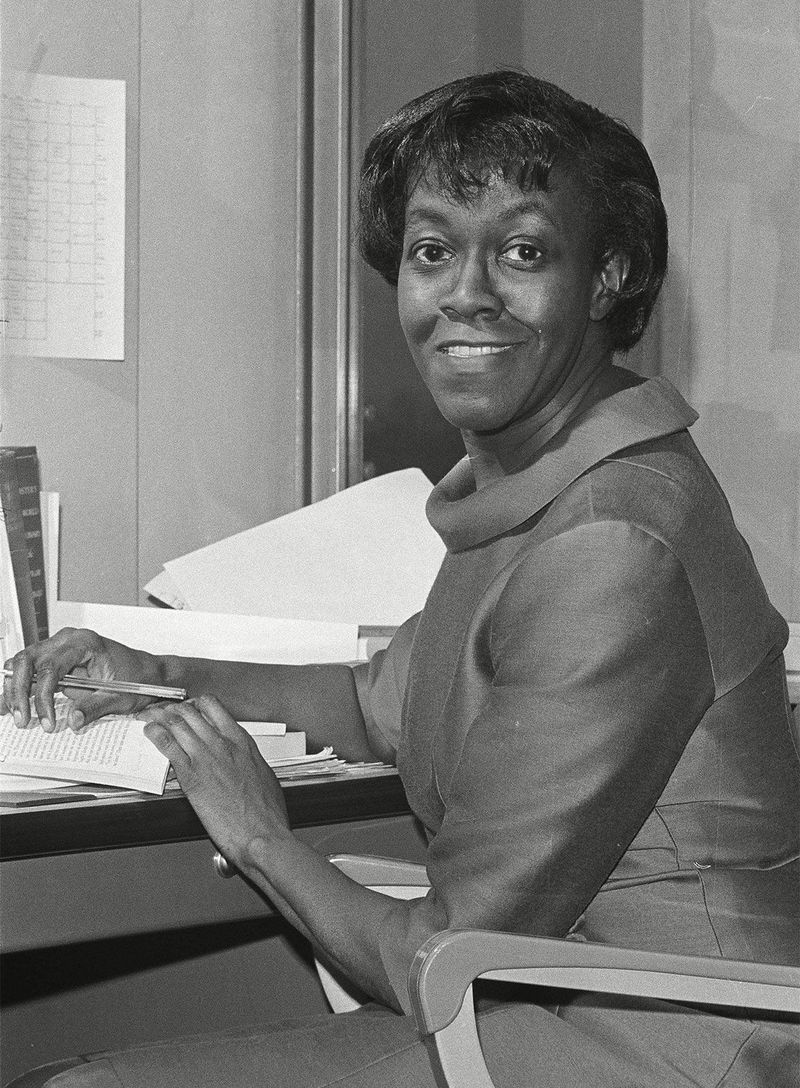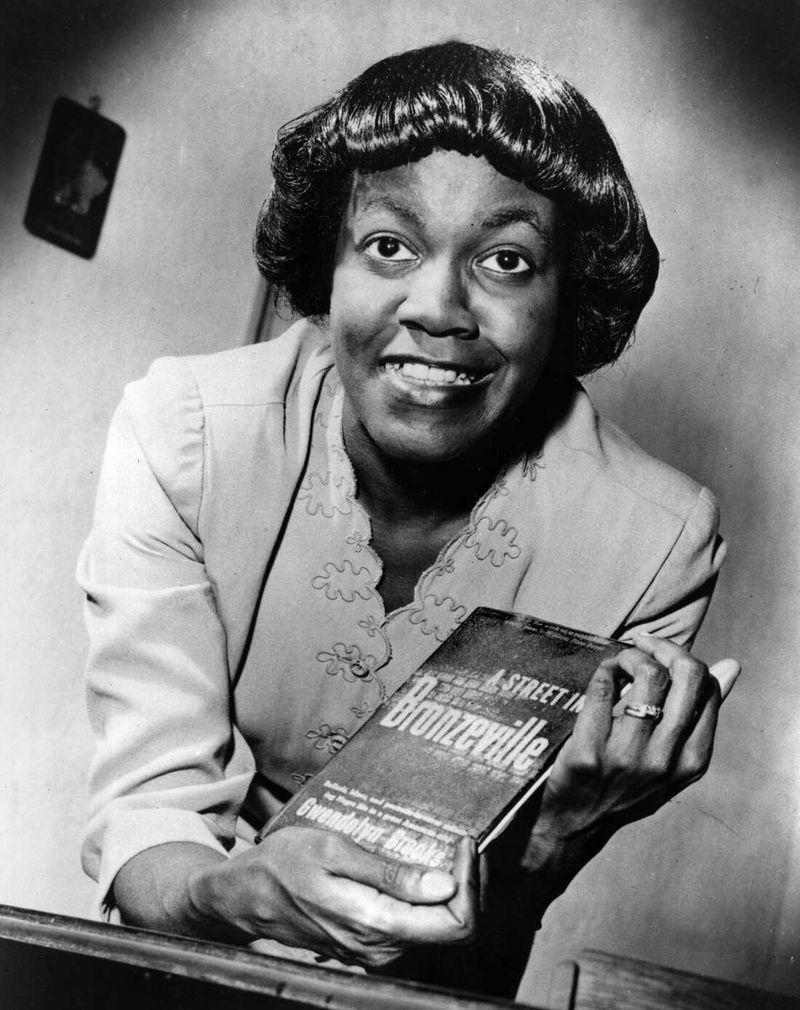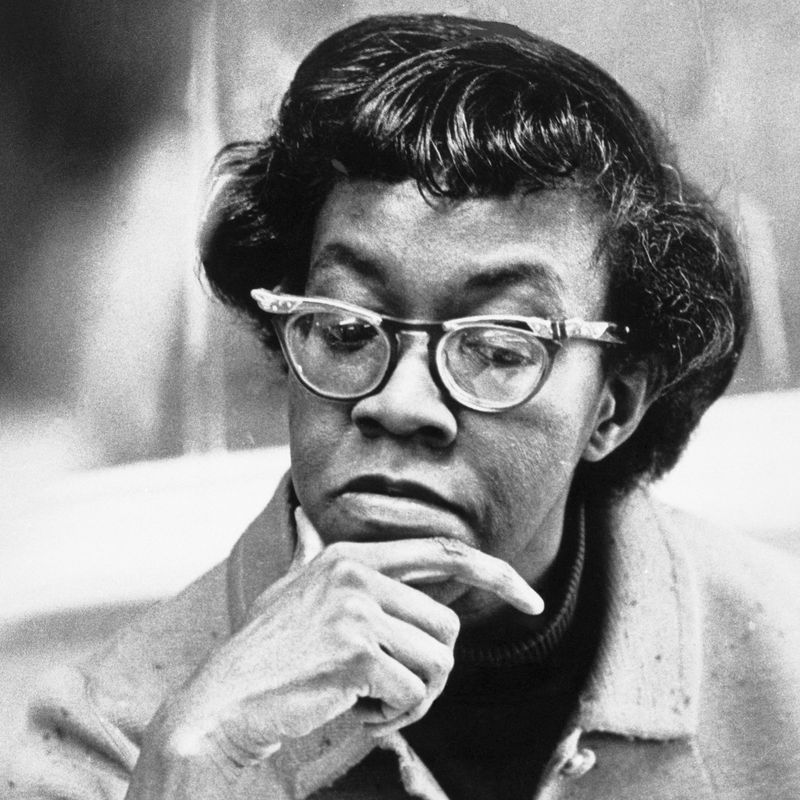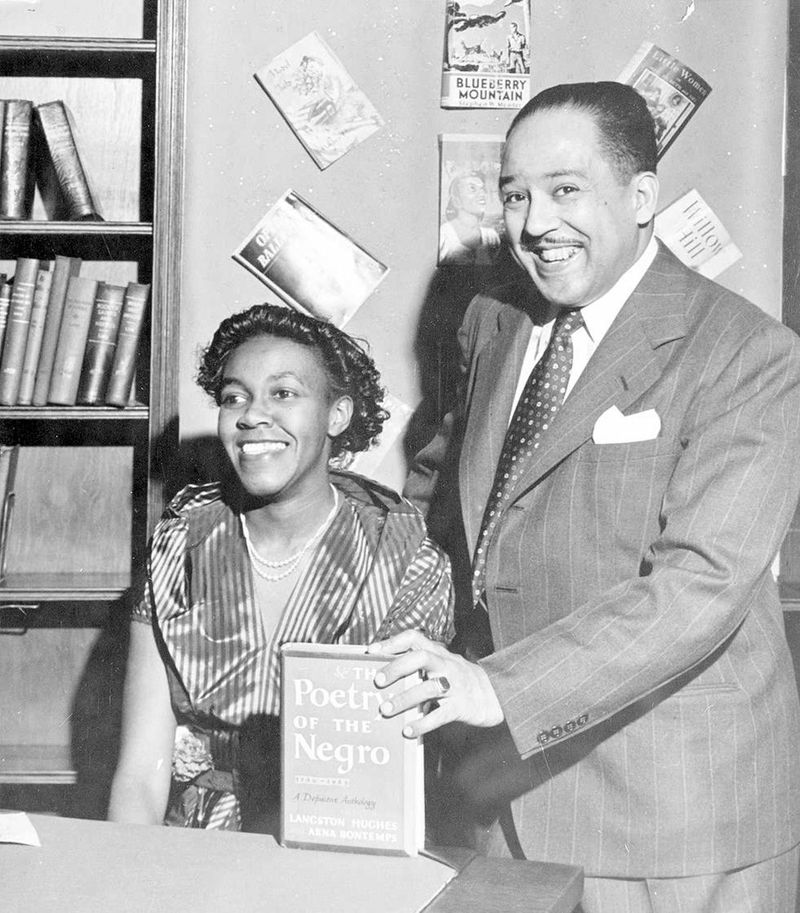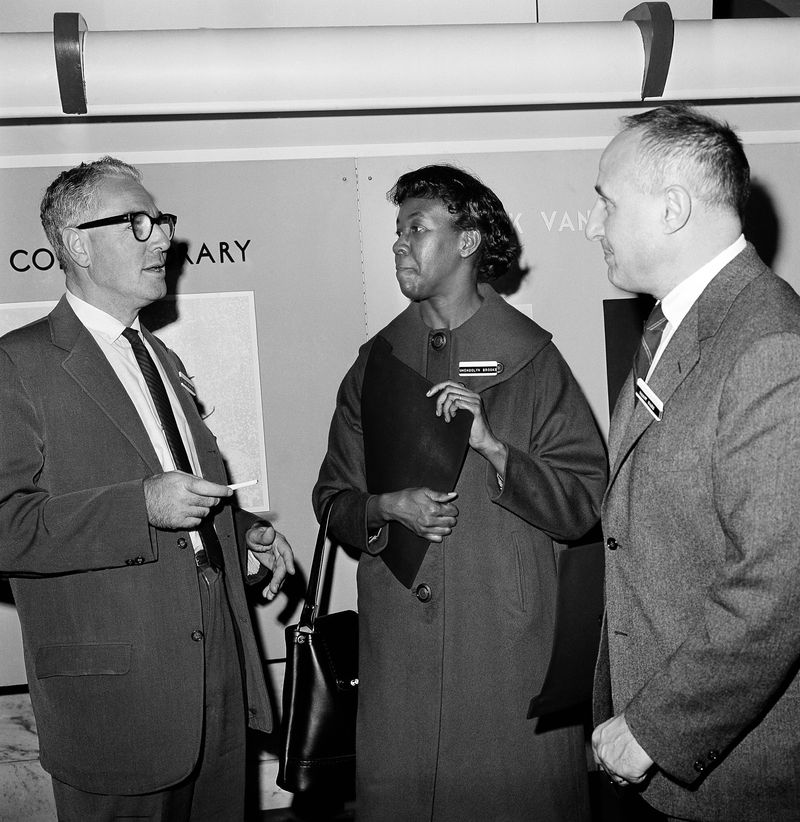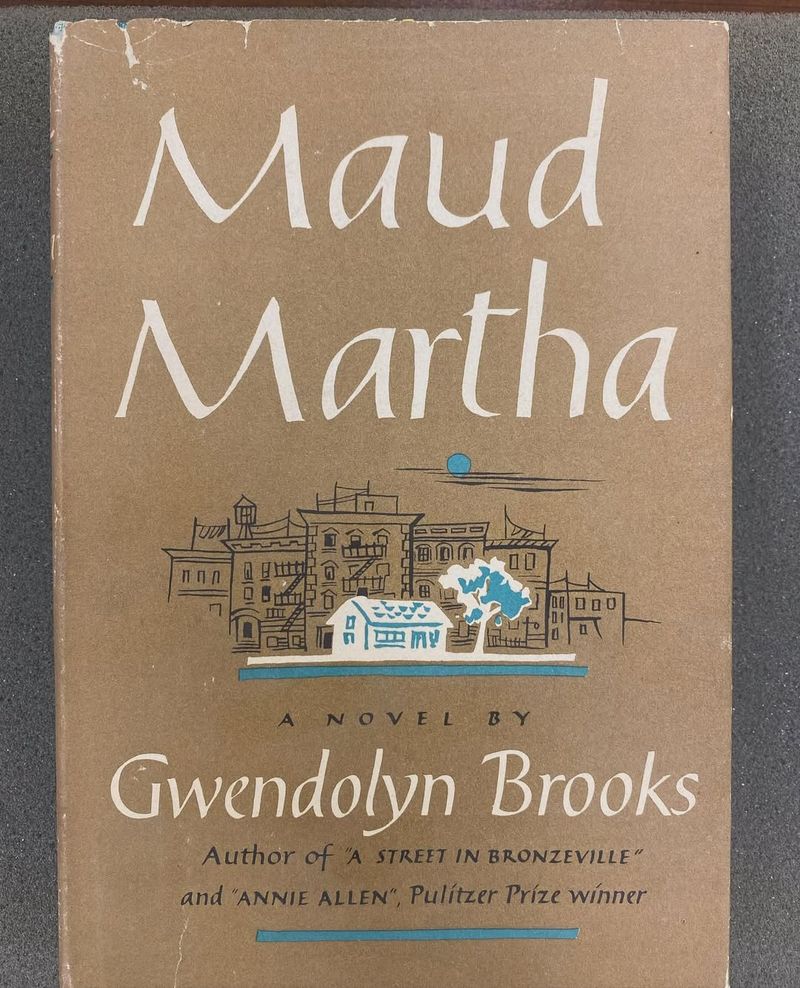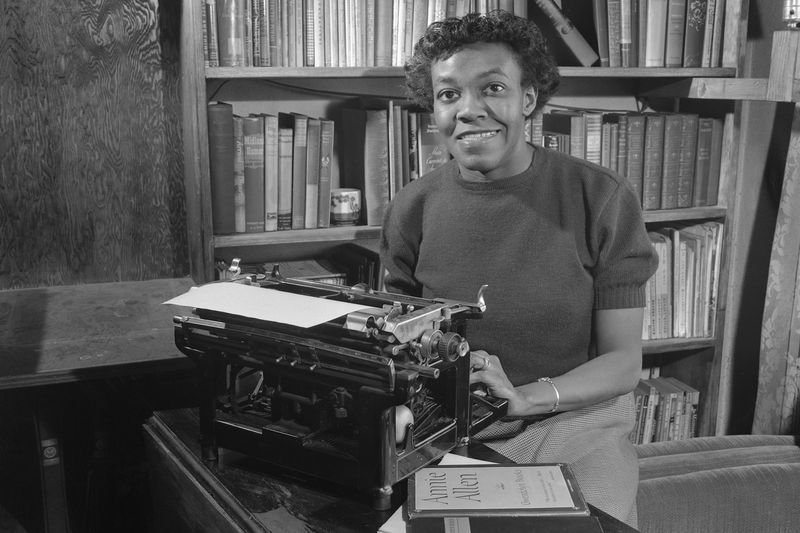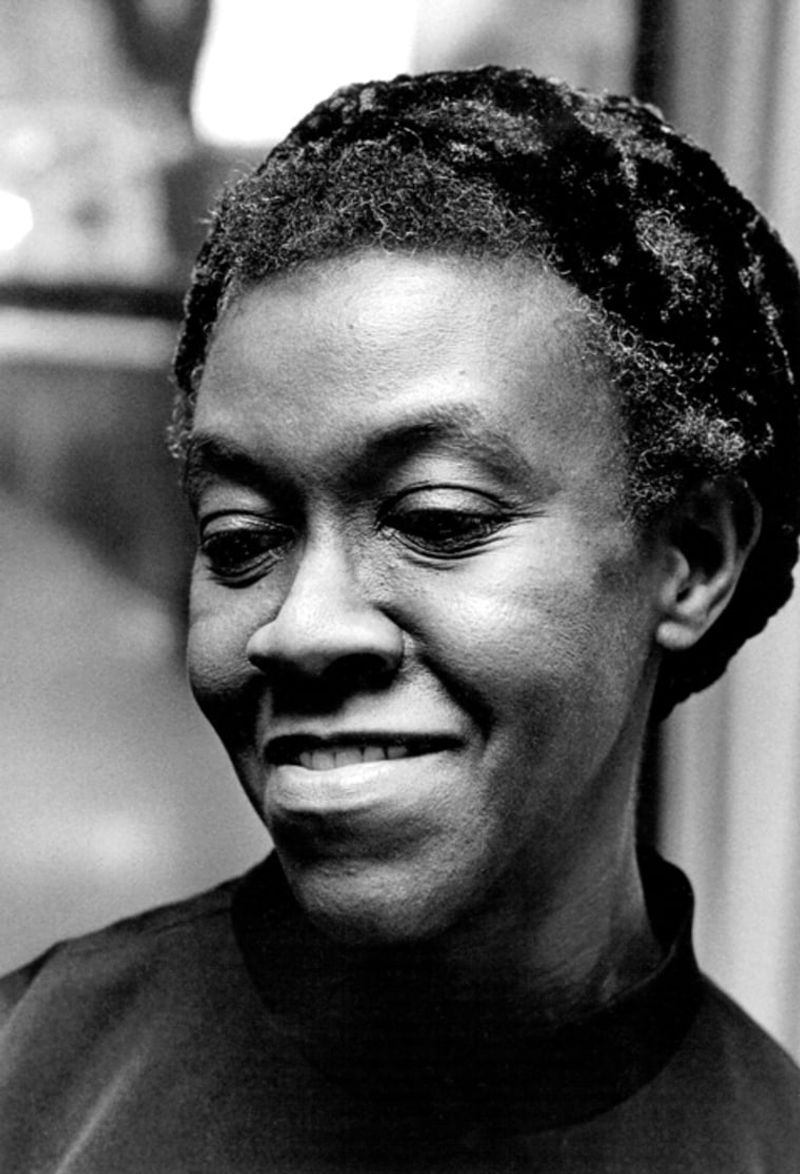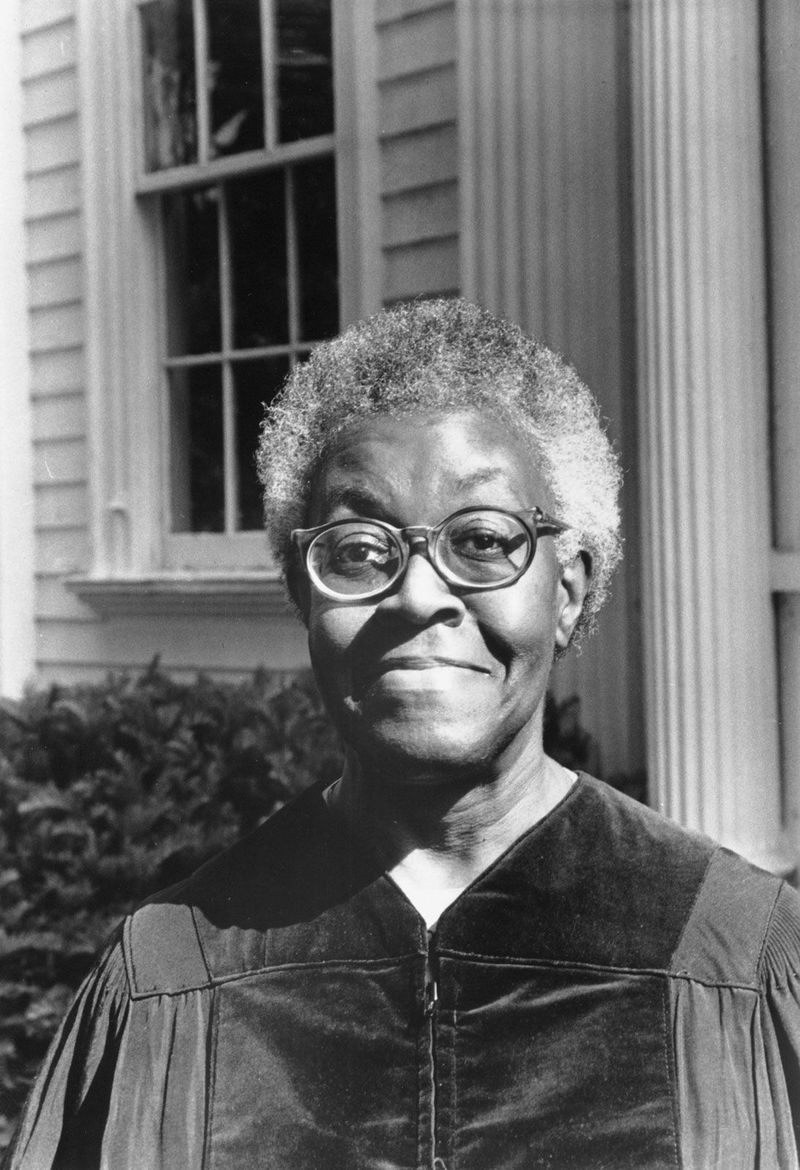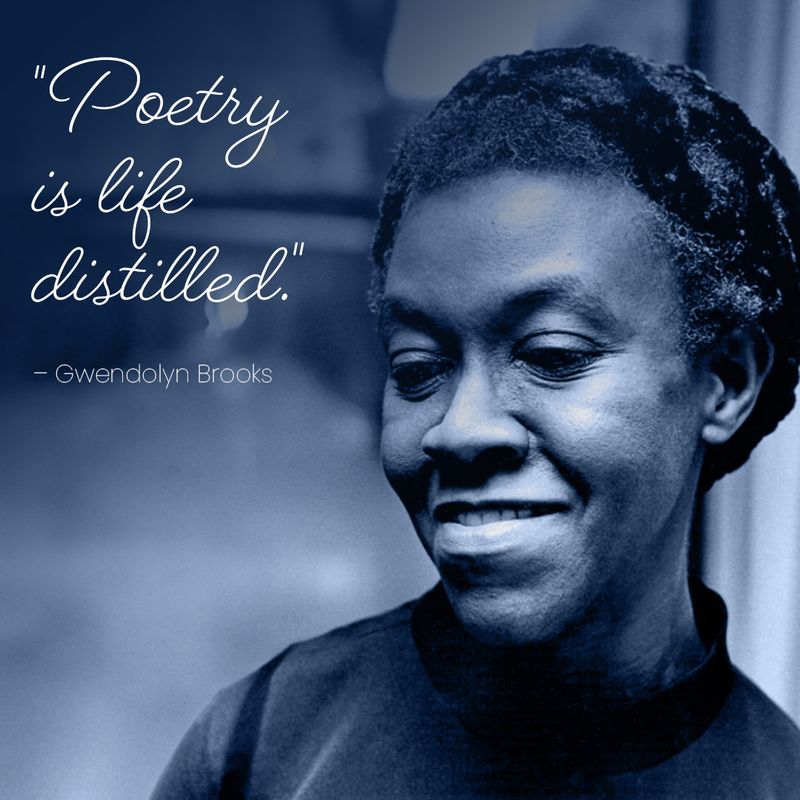Gwendolyn Brooks, a name synonymous with literary excellence, transformed American poetry with her poignant exploration of race, identity, and the human condition.
Her works, adorned with vivid imagery and profound truths, continue to resonate with readers worldwide.
This blog post delves into 13 key aspects of Brooks’ life and career that highlight her indelible impact on literature and society.
1. Birth and Early Years
Gwendolyn Brooks was born on June 7, 1917, in the vibrant town of Topeka, Kansas. Shortly after her birth, her family moved to the bustling city of Chicago, where she spent most of her formative years.
Chicago, with its rich cultural tapestry and dynamic African-American communities, provided a fertile ground for Brooks’ burgeoning literary pursuits.
Her early experiences in these contrasting environments played a pivotal role in shaping her worldview and literary voice. These formative years laid the foundation for a career that would challenge societal norms and inspire countless others.
2. Early Interest in Poetry
By the tender age of 7, Gwendolyn Brooks had already found her voice in poetry. While other children her age were playing outside, she was crafting worlds with her words.
Her first poem, simple yet profound, was a stepping stone in a journey that would see her published by the age of 13. This early recognition not only boosted her confidence but also set her on a path of literary discovery.
Discovering her passion for poetry so early in life allowed Brooks to refine her craft over decades, culminating in works celebrated worldwide.
3. Education
Gwendolyn Brooks’ educational journey began at Hyde Park High School, nestled in one of Chicago’s most diverse neighborhoods. This institution offered her more than just academic knowledge; it was a melting pot of ideas and cultures.
After high school, she attended Wilson Junior College, now known as Kennedy-King College, graduating in 1936. Her education enriched her understanding of the world, providing a backdrop for her poetry.
Throughout her academic journey, Brooks remained an avid writer, honing her skills and finding inspiration in the stories and people around her, which she skillfully wove into her work.
4. Influence of the Chicago Environment
Chicago, particularly its South Side, was more than just a backdrop for Gwendolyn Brooks—it was a character in her stories. The vibrant, albeit challenging, life in this area deeply influenced her poetry.
Brooks captured the essence of the African-American experience, painting vivid pictures of the struggles and triumphs of everyday life. Her ability to weave the nuances of Chicago’s diverse communities into her work made her poetry relatable and poignant.
The city’s cultural richness and diversity provided Brooks with endless inspiration, allowing her to create works that resonated with a broad audience.
5. First Major Publication
Gwendolyn Brooks’ first major breakthrough came in 1945 with the publication of ‘A Street in Bronzeville.’ This collection of poems offered a raw and unfiltered glimpse into the lives of African-Americans in Chicago.
The book received critical acclaim, marking Brooks as a formidable voice in American literature. Her ability to encapsulate the essence of community life and individual struggles in her work distinguished her from her contemporaries.
‘A Street in Bronzeville’ not only solidified Brooks’ place in the literary world but also paved the way for her future endeavors, showcasing her unique narrative style and keen observational skills.
6. Pulitzer Prize
In 1950, Gwendolyn Brooks achieved a historic milestone, becoming the first African-American woman to win the Pulitzer Prize for Poetry.
Her celebrated collection, ‘Annie Allen,’ was a poignant exploration of African-American womanhood, identity, and resilience. Brooks’ achievement was not just a personal triumph but a beacon of hope for countless others.
Her Pulitzer win shattered racial and gender barriers, inspiring a generation of writers to pursue their dreams. This recognition underscored the power of her words, affirming her status as one of the most influential poets of the 20th century.
7. Significant Works
Beyond ‘Annie Allen,’ Gwendolyn Brooks’ literary repertoire includes other significant works like ‘Maud Martha’ (1953) and ‘The Bean Eaters’ (1960).
‘Maud Martha’ offers a novelistic lens into the life of an African-American woman navigating societal expectations and personal aspirations.
Meanwhile, ‘The Bean Eaters’ presents a collection of poems highlighting the simplicity and complexity of everyday life.
Each work showcases Brooks’ versatility as a writer and her ability to capture the intricacies of human experience. Her books remain timeless, continuing to resonate with readers and affirming her status as a literary icon.
8. Shift to Independent and Black-Owned Presses
The 1960s marked a significant shift in Gwendolyn Brooks’ career. Influenced by the civil rights movement and Black Power movement, she began publishing with independent and Black-owned presses.
This decision was more than a career move; it was a statement. Brooks embraced her role as a voice for change, using her platform to uplift marginalized communities.
Her transition to these presses symbolized her commitment to authenticity and representation.
By aligning with Black-owned publishers, Brooks ensured her works reached audiences who needed them most, solidifying her legacy as a champion of equality and empowerment.
9. Poetry Consultant to the Library of Congress
In 1985, Gwendolyn Brooks was appointed as a poetry consultant to the Library of Congress, a role now known as the U.S. Poet Laureate.
This prestigious position recognized her immense contributions to American literature and her influence as a cultural icon. During her tenure, Brooks promoted poetry across the nation, emphasizing its power to connect people and inspire change.
Her appointment was a testament to her enduring impact and the respect she commanded in the literary community. Brooks used her role to advocate for underrepresented voices, further cementing her legacy as a pioneer in the world of poetry.
10. Poet Laureate of Illinois
Gwendolyn Brooks was appointed the Poet Laureate of Illinois in 1968, a role she held until her passing in 2000. Her appointment was more than honorary; it was a testament to her dedication to promoting poetry at the grassroots level.
Brooks was a familiar face in Illinois communities, conducting workshops, readings, and nurturing young poets. Her work in the state highlighted her belief in poetry as a tool for personal and social transformation.
Through her efforts, Brooks inspired a new generation of poets and fostered a deep appreciation for the art form across diverse audiences.
11. Teaching and Mentorship
Throughout her illustrious career, Gwendolyn Brooks was dedicated to teaching and mentoring emerging writers. Her workshops and classes were havens for aspiring poets, offering guidance, inspiration, and encouragement.
Brooks’ mentorship was rooted in her belief in the transformative power of poetry. She nurtured talent with patience and insight, helping young writers find their unique voices.
Her role as a mentor extended beyond formal settings; she was a lifelong advocate for creativity and expression. Brooks’ legacy as a teacher lives on in the countless writers she inspired, many of whom have achieved literary success in their own right.
12. Awards and Honors
Gwendolyn Brooks’ contributions to literature earned her a multitude of awards and honors. Among them, the Frost Medal from the Poetry Society of America stands out, celebrating her lifetime achievement in poetry.
She was inducted into various literary halls of fame, affirming her status as a towering figure in American letters. These accolades, while significant, were not the sole measure of her impact.
Brooks’ true legacy lies in her ability to touch lives through her words. Her recognitions were a reflection of the profound influence she wielded, both in literary circles and broader society.
13. Legacy and Passing
Gwendolyn Brooks passed away on December 3, 2000, but her legacy endures. Her work continues to inspire writers and remains an integral part of American literature curricula.
Brooks’ poems, rich with insight and empathy, transcend time, speaking to the universal human experience. Her passing marked the end of an era, but her contributions live on, influencing new generations of poets and readers.
Brooks’ dedication to her craft and her community ensured her place in the annals of literary history. Her enduring impact is a testament to the power of words and the lasting effect of true artistry.
